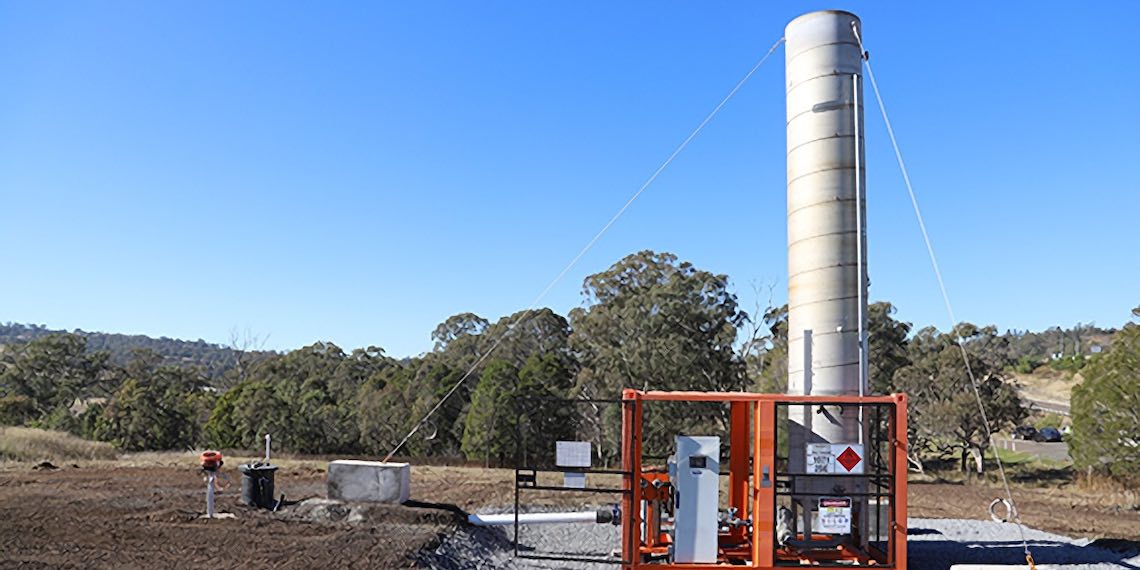Landfill biogas to power Toowoomba sewage treatment plant

Plans are underway to establish an innovative biogas plant in Toowoomba. The facility will power the Queensland city’s Cranley wastewater treatment facility with green energy.
The new facility will convert gas from landfill into electricity for reuse at the Wetalla sewage treatment plant, a project that has been in discussion since 2015.
Reducing greenhouse gas emissions
Brisbane company LGI Limited has been tapped to build the new biogas plant, capturing gas created as a by-product of waste at the Bedford Street landfill to power two 1.1 megawatt engines.
LGI believes the plant could provide 60% of the power needed at Wetalla, but Councillor Nancy Sommerfield told The Chronicle that pilot tests showed it could power the entire treatment plant.
“We believe so [that it could provide 100% of energy requirements]; we’re pretty sure that’s going to be the case — we’ve done pilot testing and it’s performed to our expectations,” she said.
“This has been a long time coming, but it’s such a win for our residents and the environment.”
The planning report details technology planned and the significant benefits the biogas plant will have in helping reduce the council’s greenhouse gas emissions by powering the wastewater treatment facility with renewable energy.
Council says “no” to methane
Gas extraction occurs via a series of extraction wells, manifold station control points and gathering pipework. Under a vacuum, biogas from the landfill travels by underground pipework under the rail line and enters the plant as "wet gas" and passes through a remote condensate knockout vessel,” the report states.
“Landfills emit biogas to the air, with the methane component in biogas over 20 times more significant as a greenhouse gas than carbon dioxide.
“Toowoomba Regional Council intends to mitigate the effects of greenhouse gas emissions from the waste management centre by capturing biogas and using this as a beneficial resource to power the Wetalla sewage treatment plant.
“This will reduce Council’s reliance on fossil fuels to power the sewage treatment plant, which has significant energy demands to enable its ongoing operation.”
